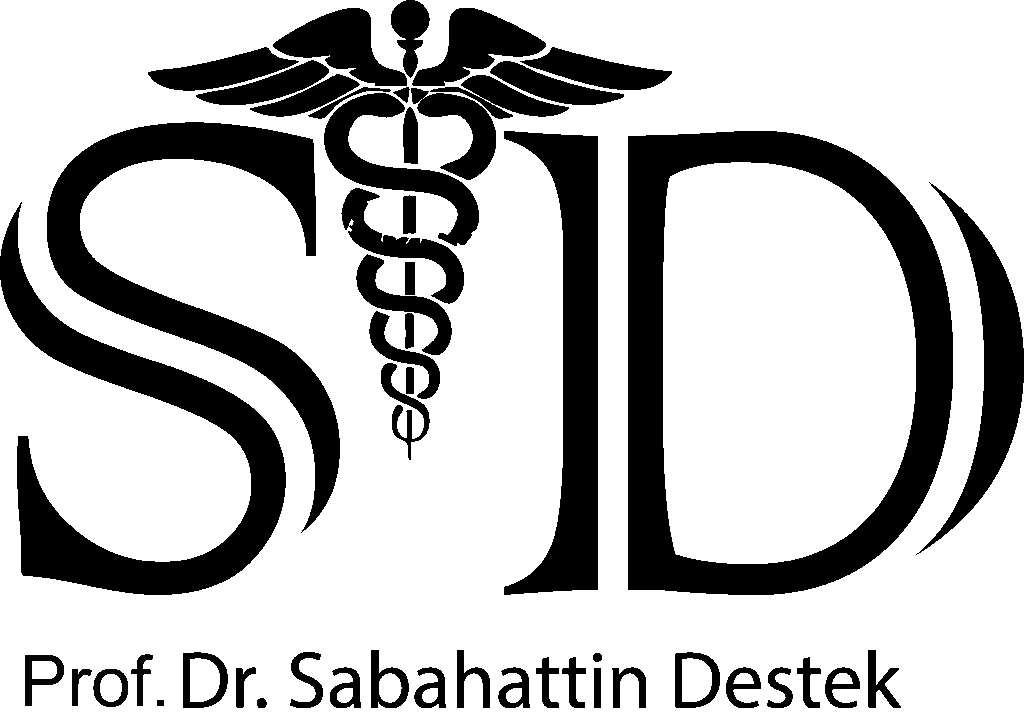
Endocrine Surgery
Endocrine surgery is a medical specialty that involves the surgical treatment of diseases in the endocrine system, which regulates the body’s hormonal balance and manages vital functions such as metabolism, growth and reproduction. Organs such as the thyroid, parathyroid, adrenal glands and pancreas, which are important parts of this system, can cause various diseases due to disorders in hormone production. Endocrine surgery plays an important role in the treatment of these diseases.
One of the most common areas of endocrine surgery is thyroid gland diseases. Conditions such as goiter, thyroid nodules, thyroid cancer and hyperthyroidism are among the common problems that impair thyroid function. Among diseases of the parathyroid gland, hyperparathyroidism and parathyroid adenomas often require surgical intervention. Among diseases of the adrenal glands, pheochromocytoma, Cushing’s syndrome and adrenal tumors stand out. Problems arising from the endocrine functions of the pancreas are related to the treatment of tumors such as insulinoma and gastrinoma.
Endocrine surgery includes traditional open surgery as well as minimally invasive techniques. Laparoscopic and robotic surgical methods allow operations to be performed through smaller incisions, shortening the patient’s recovery time and increasing postoperative comfort. Ultrasound-guided surgery, especially in thyroid and parathyroid surgeries, increases the precision of the treatment and helps to preserve healthy tissues.
The main purpose of the surgery is to correct imbalances in hormone production, stop the progression of the disease and, if necessary, prevent the spread of cancer by removing tumors. The success rate of this surgery is quite high, but the post-operative period should be carefully managed. Especially after thyroid and parathyroid surgeries, it is important that patients have their hormone levels checked regularly and receive hormone replacement therapy when necessary.
The advantages of endocrine surgery include hormone balance, early removal of tumors, reduced risk of cancer and improved quality of life. However, since every surgical intervention carries risks, a detailed evaluation and preparation before such operations is of great importance.
Patients should have regular check-ups in the post-operative period and carefully follow the recommendations of their doctors. In this process, proper nutrition, stress management and hormone monitoring are critical for a healthy recovery process.



